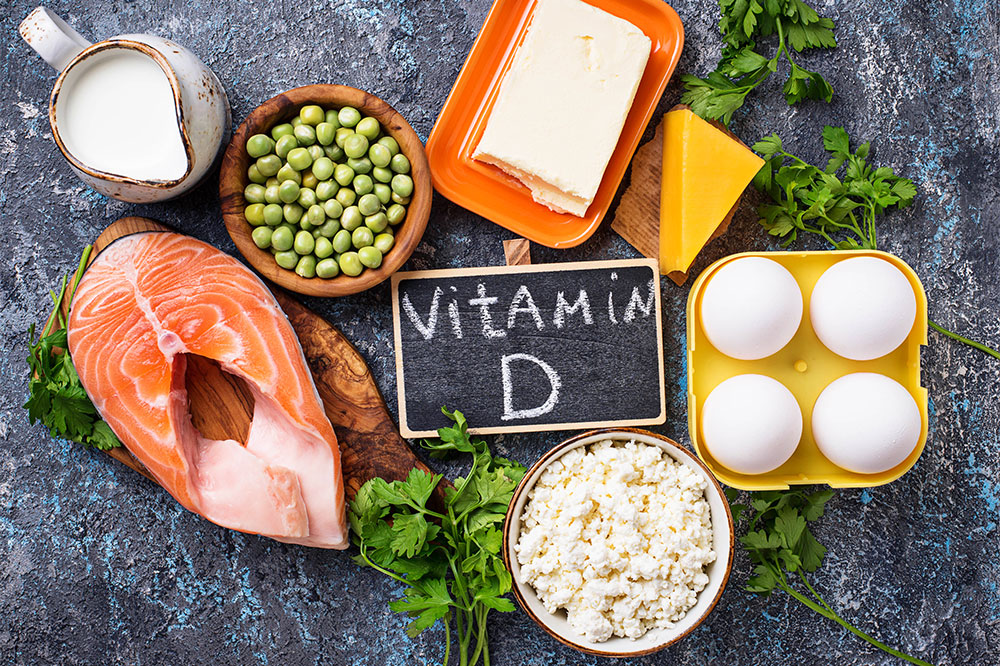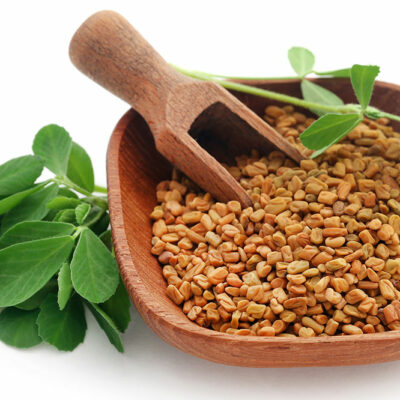
5 Tips for Eating Right with Depression
Can food influence mood? The simple answer is yes, and science has backed this up in several studies. There is a growing field of science known as nutritional psychiatry that uses foods to treat mental health conditions and boost overall well-being. Depression can leave an individual drained and cause them to lose interest in things, but simple lifestyle changes can help combat the condition. This article lists a few diet management tips to beat depression.
1. Eat the right carbohydrates
This nutrient takes different perspectives in various diets. Carbohydrates help produce serotonin, which is an essential mood enhancer hormone, but all carbohydrates are not good. That said, one must not eliminate them from the diet. It’s just about eating the right types of carbohydrates—complex carbohydrates—to boost and maintain physical and mental health. The best sources of complex carbohydrates are whole grains, vegetables, fruits, and other fibrous foods.
2. Include vitamin D-rich foods in the diet
This is perhaps one of the most commonly prescribed supplements for people struggling with depression. So, including foods like fish, tofu, and dairy products is an effective diet management tip to beat depression. That said, the best source of vitamin D is sunlight, so taking a walk in the sun at the break of the day can help.
3. Ensure adequate intake of omega-3 fats
Omega-3 fatty acids directly aid brain function, and they are especially important for people with depressive symptoms as they boost serotonin production. Some of the richest sources of these healthy fats are fatty fish like mackerel, salmon, trout, and sardines. Other foods that contain omega-3 fats include nuts, flaxseed oil, dark-green leafy vegetables, and canola oil.
4. Opt for dark green leafy vegetables
Eating plenty of dark green leafy veggies is an excellent diet management tip to beat depression. These veggies are among the best foods to boost immunity and improve overall health, and they also affect mental health by keeping inflammation in check. Kale, spinach, and Swiss chard are some of the best greens to add to one’s regular diet.
5. Keep a check on selenium intake
Several studies have linked low selenium levels in the body to the development of depressive symptoms. Brazil nuts, chicken, beef, eggs, oysters, shrimp, and salmon are some of the best dietary sources of this mineral, but adults should not consume more than 55 mcg of selenium per day. Too little selenium can cause mood imbalances, but going beyond the recommended daily intake can also cause toxic effects.
In addition to adding beneficial foods to one’s regular diet, people experiencing depressive symptoms should avoid foods that can harm their mental health and well-being. These include foods rich in saturated fats, caffeinated foods and beverages, processed food items, and foods and drinks loaded with refined sugars. Maintaining a healthy diet can ensure balance and promote physical and mental health.


